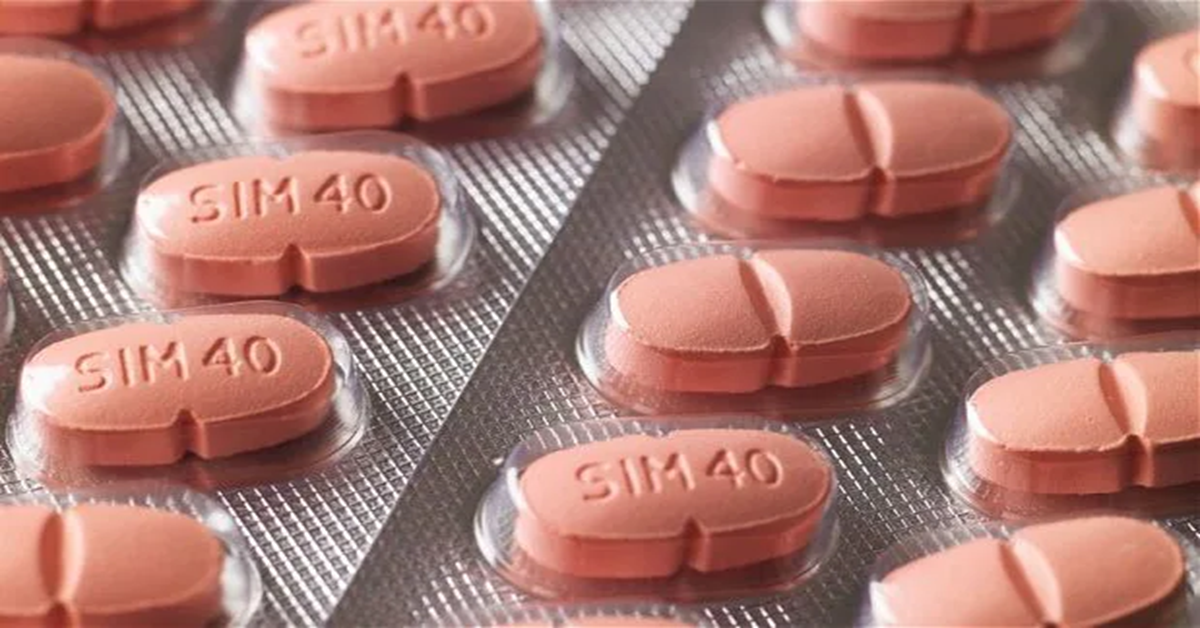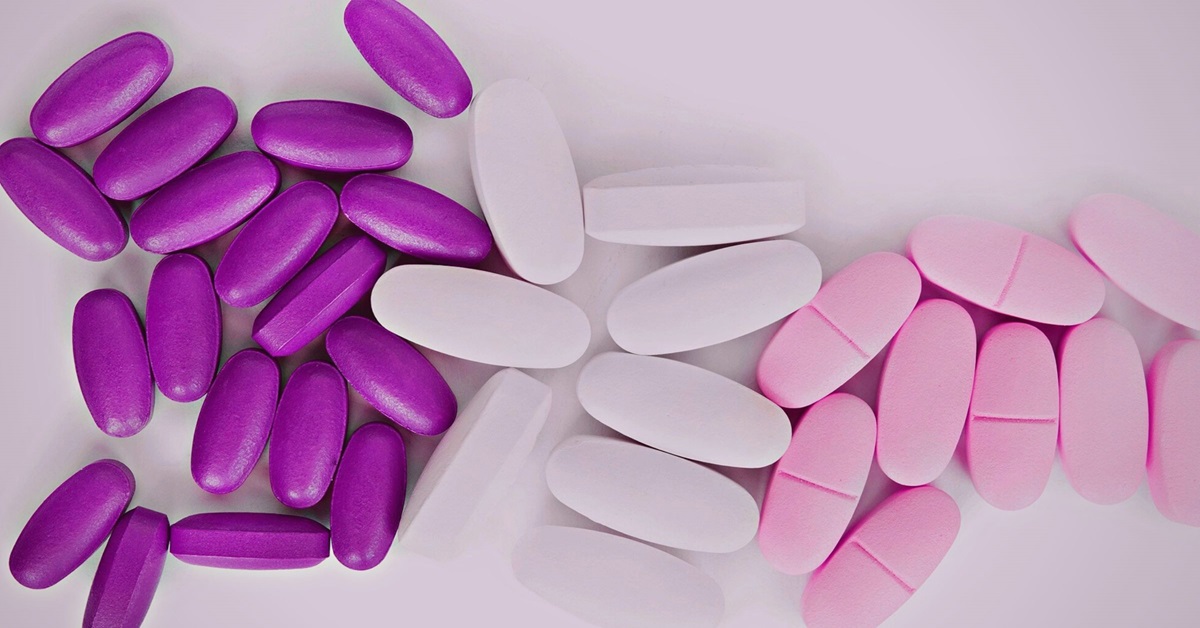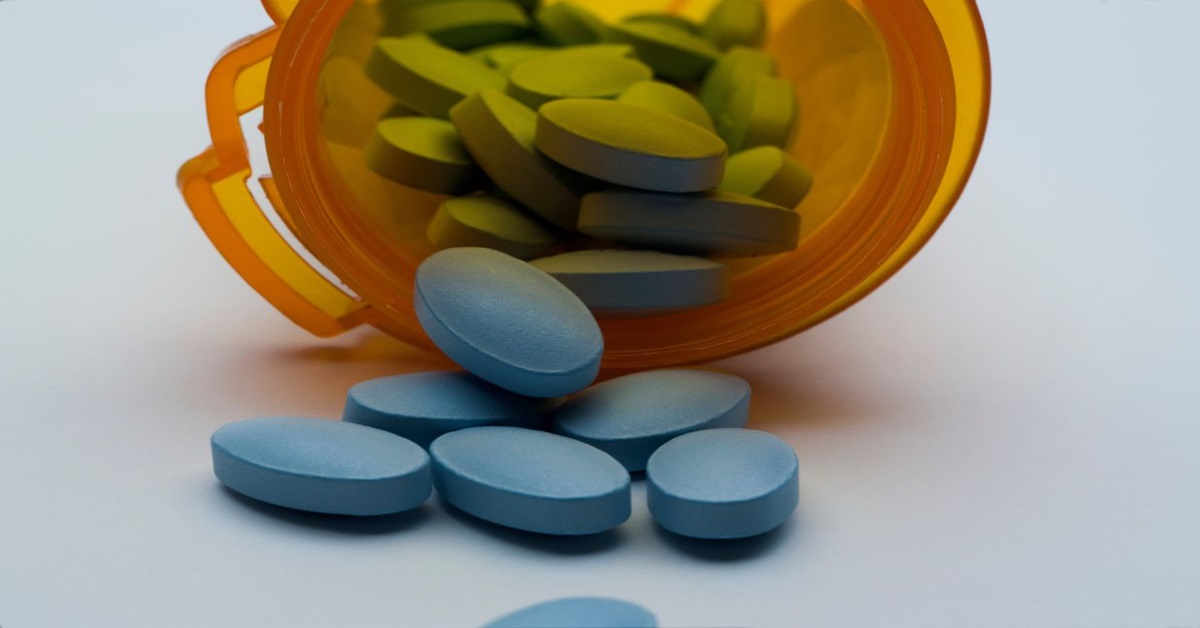Bipolar disorder is a complex mental health condition characterized by extreme mood swings, including emotional highs (mania or hypomania) and lows (depression). Effective management often requires medication to stabilize these mood swings. Among the various pharmacological treatments available, Aripiprazole and Lurasidone are two notable options. This article aims to evaluate the effectiveness and side effects of Aripiprazole and Lurasidone in treating bipolar disorder, helping patients and healthcare providers make informed decisions.
Understanding Bipolar Disorder
Bipolar disorder affects millions of people worldwide. It typically manifests in late adolescence or early adulthood, although it can also emerge in childhood or later in life. The exact cause is unknown, but a combination of genetic, biochemical, and environmental factors is believed to contribute to its development. Managing bipolar disorder often requires a multifaceted approach, including medication, psychotherapy, and lifestyle changes.
Aripiprazole: An Overview
Mechanism of Action
Aripiprazole, marketed under the brand name Abilify, is an atypical antipsychotic. It functions as a partial agonist at dopamine D2 and serotonin 5-HT1A receptors and as an antagonist at serotonin 5-HT2A receptors. This unique mechanism helps regulate neurotransmitter activity in the brain, stabilizing mood swings.
Effectiveness in Bipolar Disorder
Aripiprazole is approved for the treatment of acute manic and mixed episodes associated with bipolar I disorder and for maintenance treatment to prevent relapse. Clinical studies have demonstrated its efficacy in reducing manic symptoms and maintaining mood stability over the long term. Patients often experience a significant reduction in manic episodes and improved overall functioning.
Side Effects
Like all medications, Aripiprazole has potential side effects. Common side effects include:
- Weight gain
- Insomnia
- Restlessness (akathisia)
- Nausea
- Headache
Less common but more severe side effects can include tardive dyskinesia, a condition involving involuntary, repetitive body movements, and neuroleptic malignant syndrome, a rare but potentially life-threatening condition characterized by fever, muscle rigidity, and altered mental status.
Lurasidone: An Overview
Mechanism of Action
Lurasidone, sold under the brand name Latuda, is another atypical antipsychotic. It works primarily by antagonizing dopamine D2 and serotonin 5-HT2A receptors, with additional activity at serotonin 5-HT7 and 5-HT1A receptors. This receptor profile helps manage the symptoms of bipolar disorder by balancing neurotransmitter levels.
Effectiveness in Bipolar Disorder
Lurasidone is approved for the treatment of depressive episodes associated with bipolar I disorder, both as monotherapy and as adjunctive therapy with mood stabilizers like lithium or valproate. Clinical trials have shown that Lurasidone significantly reduces depressive symptoms and improves overall quality of life in patients with bipolar depression. It has a relatively rapid onset of action, with some patients experiencing improvement within the first week of treatment.
Side Effects
Common side effects of Lurasidone include:
- Somnolence (drowsiness)
- Akathisia
- Nausea
- Parkinsonism (symptoms similar to Parkinson’s disease)
- Agitation
Lurasidone is generally considered to have a favorable side effect profile compared to other antipsychotics, with a lower risk of weight gain and metabolic issues. However, it can still cause serious side effects such as tardive dyskinesia and neuroleptic malignant syndrome.
Comparing Aripiprazole and Lurasidone
Effectiveness
Both Aripiprazole and Lurasidone are effective in managing bipolar disorder, but they target different aspects of the condition. Aripiprazole is more effective for controlling manic and mixed episodes, making it a suitable option for patients who experience significant mania. Lurasidone, on the other hand, is particularly effective for bipolar depression, providing relief from depressive symptoms with fewer metabolic side effects.
Side Effects
When comparing side effects, both medications have their own profiles. Aripiprazole is more likely to cause weight gain and metabolic issues, which can be a concern for patients with or at risk for diabetes and cardiovascular disease. Lurasidone has a lower risk of these metabolic side effects but can cause more sedation and Parkinsonism symptoms. Both medications carry the risk of serious conditions like tardive dyskinesia and neuroleptic malignant syndrome, although these are relatively rare.
Patient Considerations
Choosing between Aripiprazole and Lurasidone involves considering the specific symptoms and health profile of the patient. For patients with predominant manic symptoms, Aripiprazole may be more beneficial. For those struggling primarily with depressive episodes, Lurasidone might be the better choice. Additionally, patients concerned about weight gain and metabolic health may prefer Lurasidone, while those who prioritize minimizing sedation might lean towards Aripiprazole.
Conclusion
Aripiprazole and Lurasidone are both valuable tools in the treatment of bipolar disorder, each with unique benefits and potential drawbacks. The choice between them should be tailored to the individual patient’s needs, considering both the effectiveness and side effect profiles. Collaboration between patients and healthcare providers is essential to find the most appropriate and effective treatment plan for managing bipolar disorder. Regular monitoring and adjustments may be necessary to optimize outcomes and maintain quality of life.










